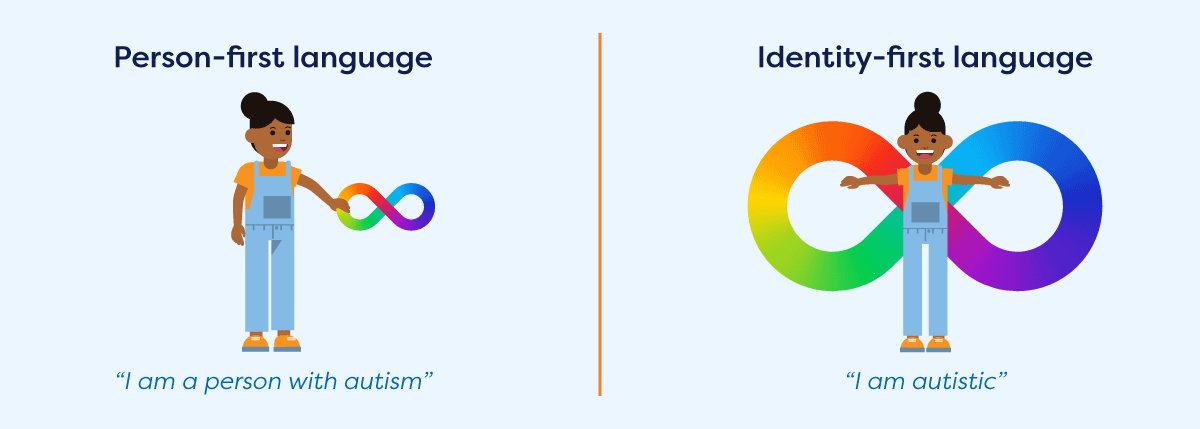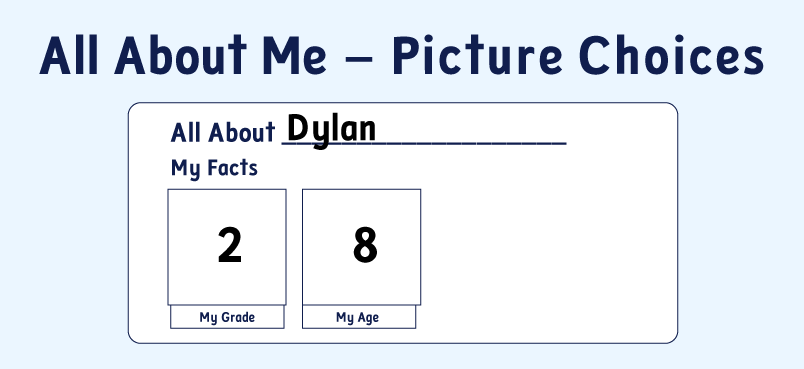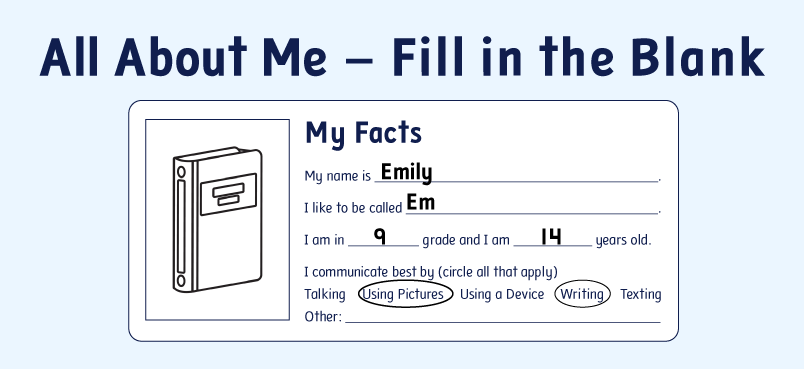March Newsletter | Autism Acceptance and Advocacy

Autism Acceptance and Advocacy
With April just around the corner, now is the right time to prepare for Autism Acceptance Month. Autism Acceptance Month has evolved significantly from the first National Autistic Children’s Week, which took place 50 years ago in 1972. As social media posts and fundraising efforts start to gather momentum, it’s worth taking a moment to frame the upcoming month in terms that are well-informed and deliberate.
Thoughtful Vocabulary
The language we use to describe ourselves and others can be extremely powerful. The words we use have the potential to shape how we think of others, and how others think of us. While there is no single correct vocabulary surrounding autism, two common philosophies tend to be most prevalent:
- Person-first language. Person-first language stems from the idea that we are all people first and foremost, regardless of disability or other aspects of our identity. Common phrases that align with this philosophy include “I am a person with autism” or “I am a person who has autism.” The key here is that autism is secondary to the person.
- Identity-first language. Identity-first language embodies the idea that autism and disability are integral to a person’s very identity; that we cannot separate disability from self. Common phrases that align with this philosophy include “I am autistic” or “I am an autistic person.”

It is important to respect and acknowledge a person's preferred vocabulary, and no two people identify themselves in the same way. Although there is no easy answer, considering the following questions can help individual interactions:
- How does this person identify? What language do they use to describe themselves?
- Have I asked what this person prefers? Do they have a preference?
- If I were in their shoes, what would I prefer? Does that align with their preferences?
Autism acceptance and autism awareness have different implications. Since 2011 and 2021, respectively, the Autistic Self Advocacy Network and the Autism Society of America have advocated for autism acceptance, saying, “Acceptance of autism as a natural condition in the human experience is necessary for real dialogue to occur.” Autism Acceptance Month advocates for a more inclusive approach to the autism community. The goal is for more than education and awareness—we aim for understanding, respect, and celebration of the neurodiverse people in our communities worldwide.
Explore our free All About Me materials, which are perfect for completing either at home or at school. Get started with our All About Me Tip Sheet, then choose the worksheet, Picture Choices or Fill in the Blank, that best meets your students’ needs. Leading a discussion about strengths, weaknesses, and individuality can be a great starting point, and keeping parents and caregivers in the conversation is important. Brainstorming about things like one's identity, strengths, weaknesses, and preferences can open the door to meaningful conversations about disability, awareness of self and others, and celebrating and promoting the autistic community. Check out the Autism Self Advocacy Network's digital book on Autism Acceptance and share with students, families and caregivers.
New SOLS at Home Spring Break unit: Socializing with Friends and Family
With the upcoming school break and many districts transitioning between learning environments, we know that caregivers and families are doing their best to support students' continued learning from home. To help empower caregivers in remote learning and to prevent student regression over breaks, our SOLS at Home spring break unit is available for both primary and secondary students. Click here for our Getting Started guide.


